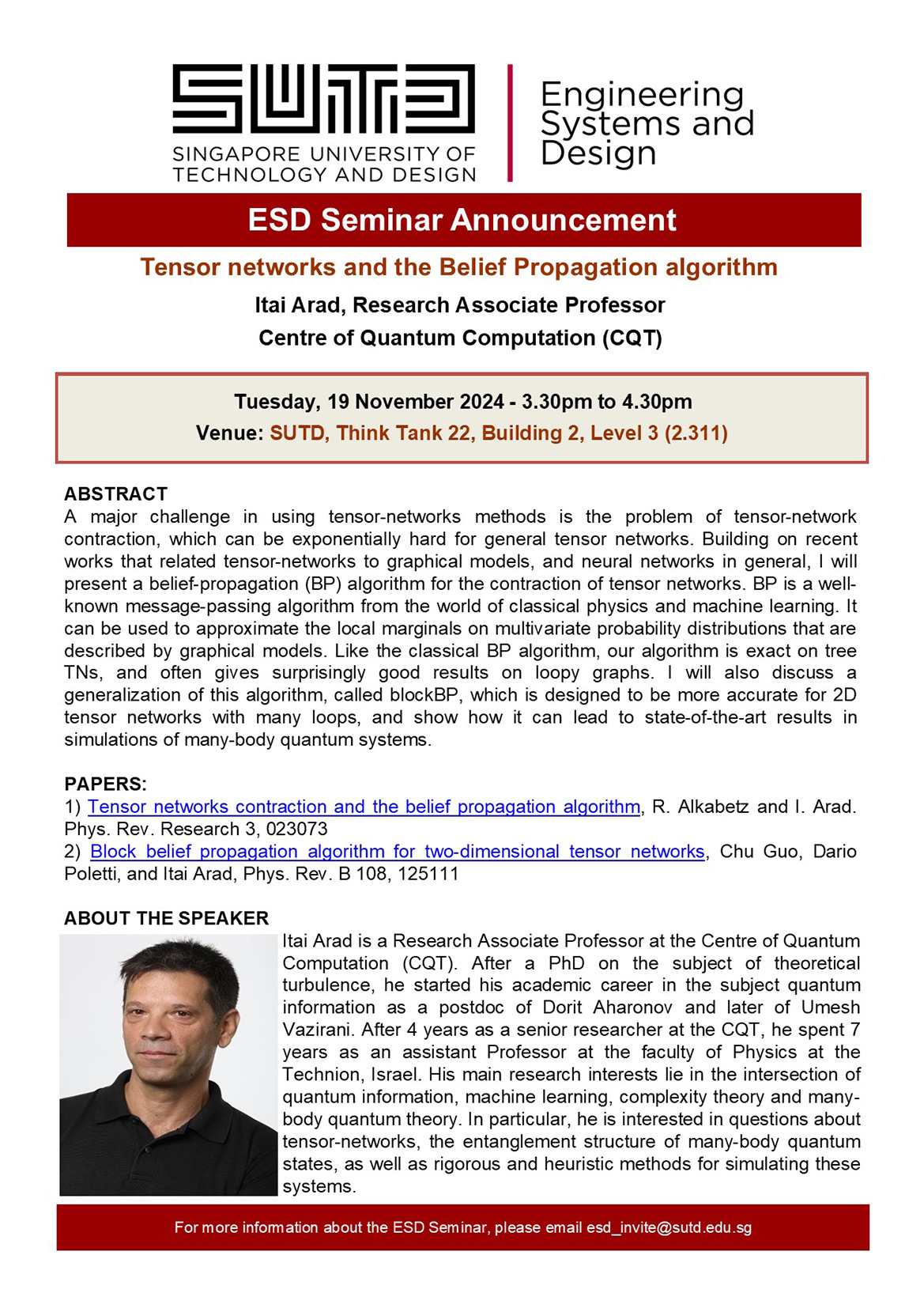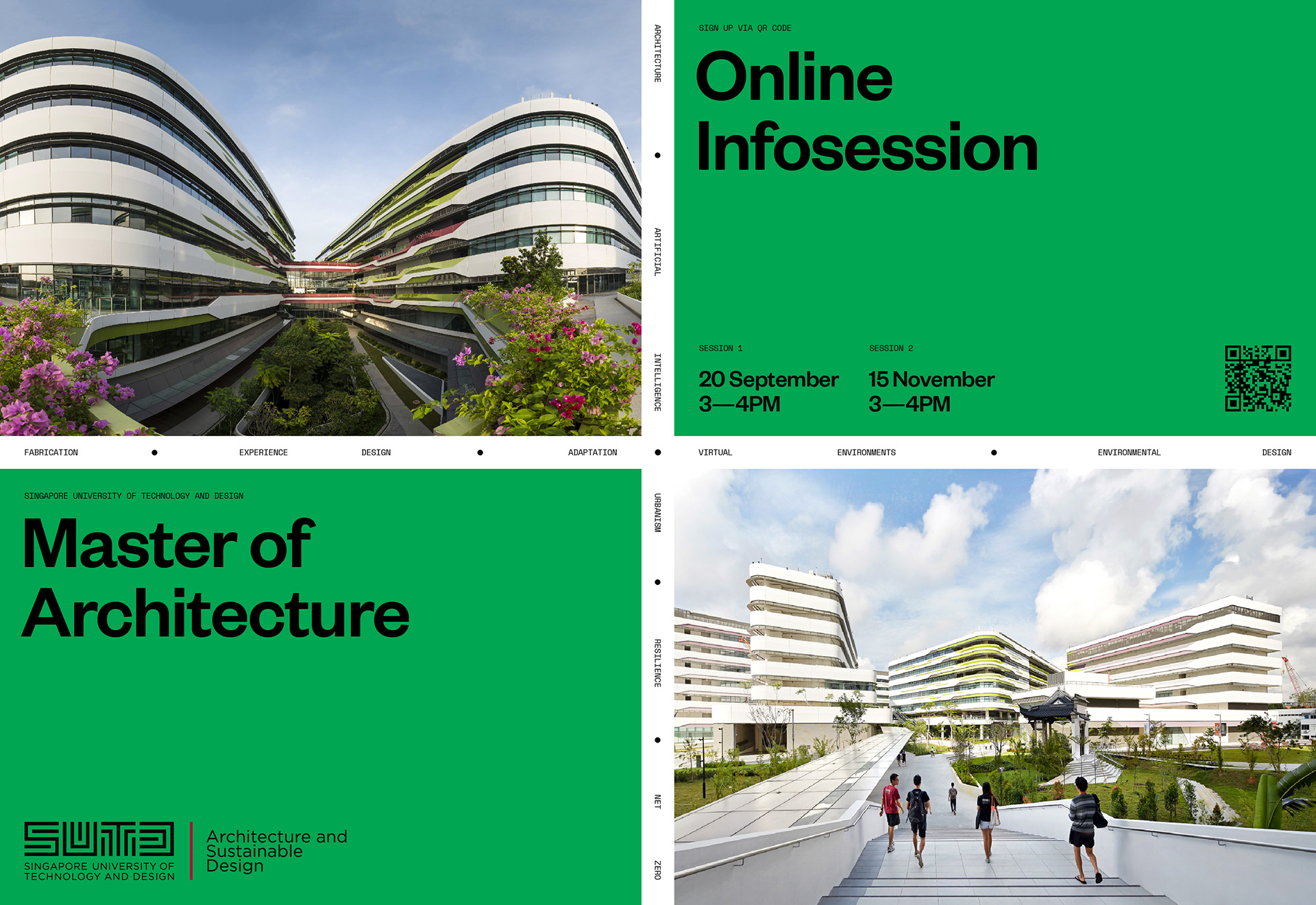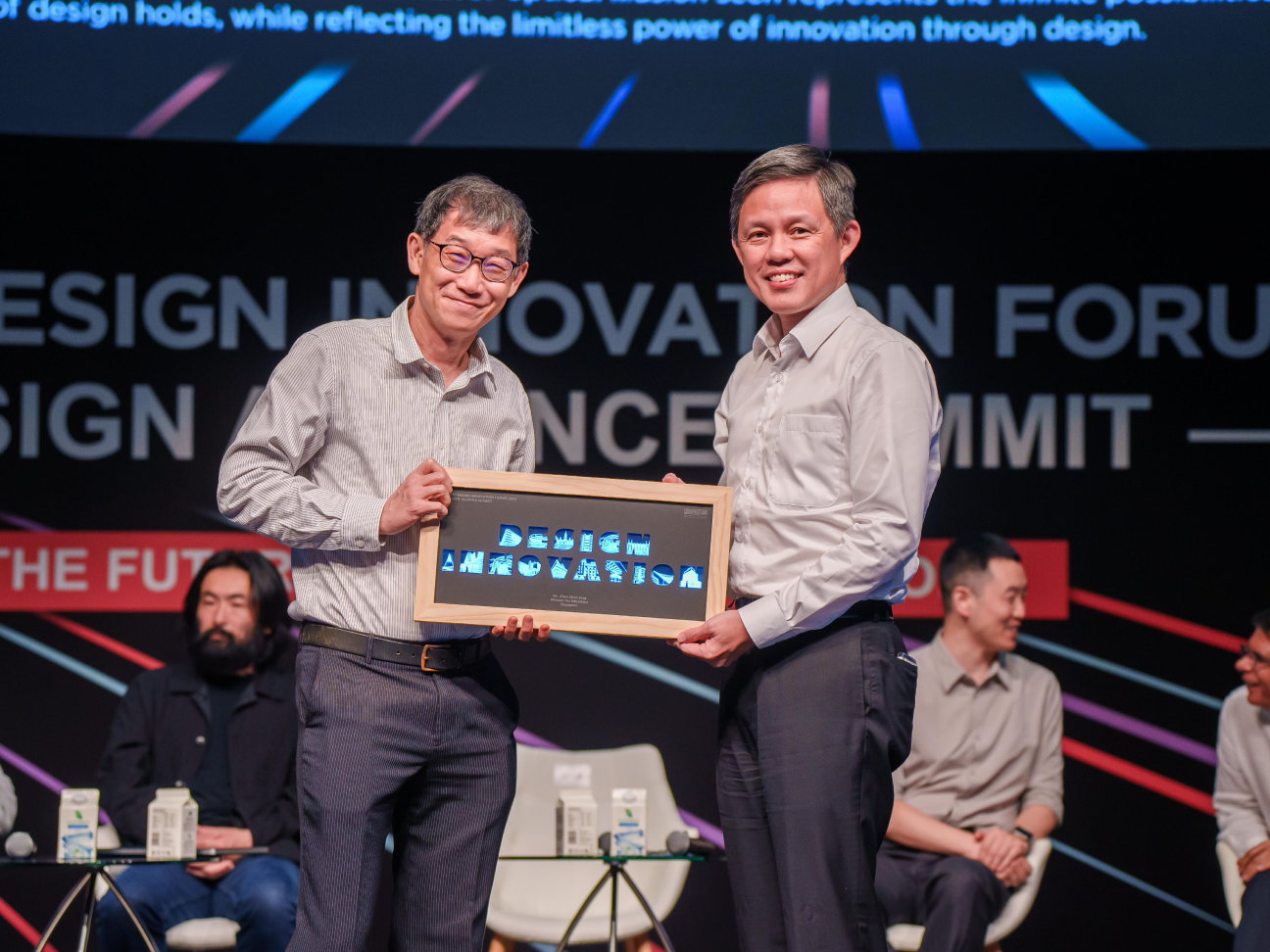Events

Guided cooperation for multi-agent teams
ISTD PhD Oral Defense Seminar by Pamela Wang – The thesis will study various degrees of centralisation in cooperation mechanisms, spanning from fully centralised planning-based approaches to fully decentralised communicating agents.


Extracting and reasoning with structured information in natural language and beyond
ISTD PhD Oral Defense by Chia Yew Ken – This thesis investigates the crucial role of structured information in natural language processing and artificial intelligence, with a focus on its extraction, utilisation, and extension to multimodal reasoning.


Domain-aware stealthy attack and digital-twin-based defence for critical information infrastructures
ISTD PhD Oral Defense by Wei Lin – Critical Information Infrastructures (CII) encompass the fundamental computer systems that ensure the continuous delivery of essential services, including sectors such as energy, water, and infocomm. Safeguarding these systems against both physical and cyber threats is crucial to maintaining the continuity and resilience of the services they support.


Human-centred design of automated labelling interventions to mitigate misinformation on social media
ISTD PhD Oral Defense Seminar by Gionnieve Lim – The thesis investigates the use of various labelling interventions that incorporate automated fact-checking elements for humans, examining people’s perceptions of the labels and their attitudes to the labelled content.

Behaviour analysis in complex environments
ISTD PhD Oral Defense Seminar by Ng Xun Long – The thesis presents Chaotic World, a large-scale multi-modal dataset with fine-grained annotations of human actions, interactions, and sounds in chaotic situations.
AI metrics beyond performance: safety and trustworthiness of AI systems
ISTD PhD Oral Defense Seminar by Bhardwaj Rishabh – This thesis investigates critical non-idealities in AI systems, focusing on safety behaviour post-training and alignment.

ISTD PhD Oral Defense Seminar by Zhu Lanyun – Towards Data Efficient and Continual Semantic Segmentation
Semantic segmentation is a fundamental and important task in computer vision, which aims to classify each pixel in an image. The rapid development of deep learning has significantly advanced semantic segmentation and improved the accuracy, promoting its application in fields with high accuracy requirements for pixel-level prediction, such as autonomous driving and medical diagnosis. Current works for semantic segmentation are typically based on a standard setup that all data is accessible beforehand and can be learned simultaneously. […]


ISTD PhD Oral Defense Seminar by Dai Siyang – Urban Intelligence: Machine Learning for Human and Environmental
Urbanization has given rise to increasingly complex systems that sustain and manage the lives of urban residents. As populations grow, the challenges of managing traffic, overcrowding, and environmental challenges escalate. These complexities place stress on urban ecosystems, demanding innovative solutions to ensure smooth and sustainable operations.


Itai Arad (Centre of Quantum Computation) – Tensor networks and the Belief Propagation algorithm


Master of Architecture Information Session for Intake 2025
The SUTD’s Master of Architecture (MArch) programme offers a future-forward professional degree programme, highlighting design and research for sustainability and the digital transformation of the architectural profession. The programme launches the careers of leaders in architecture by emphasizing independent critical thinking in a thesis project, supported by close collaborations with faculty on cutting-edge research.





